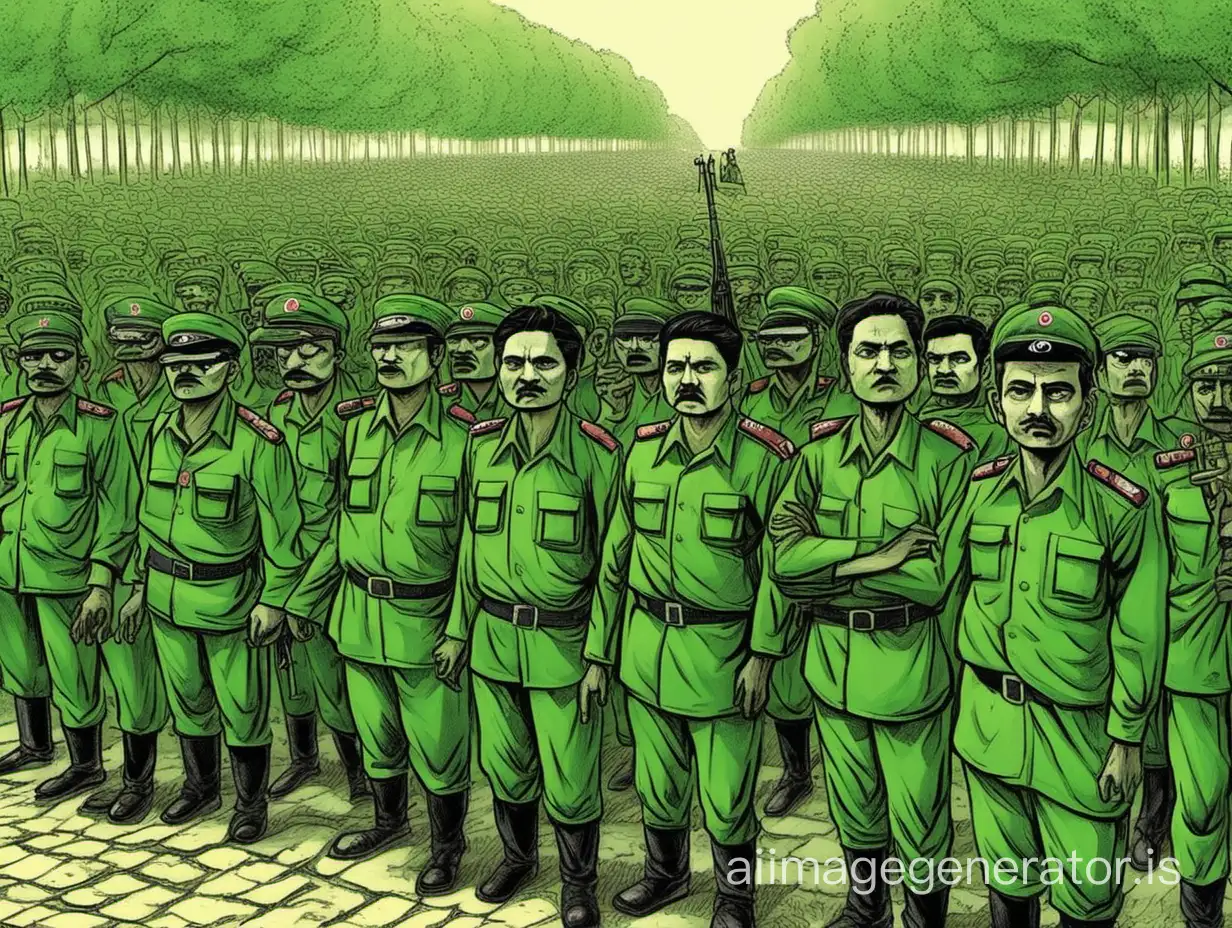Free Political ideology Image Generator
Just imagine, and we'll instantly return a variety of personalized Political ideology images—designed to bring your creativity to life!
- 4:3
- 3:4
- 1:1

image.state.default



Related Tags
Political ideology refers to a set of beliefs, values, and opinions about how society should be organized and governed. These ideologies often guide political behavior and policy-making. Historical contexts have shaped major political ideologies such as liberalism, conservatism, socialism, and anarchism. Each ideology presents a unique perspective on issues like individual freedom, economic structure, and social justice, influencing political discourse and decisions globally.
Understanding Political Ideology: Definition and Background
Political ideologies encompass various characteristics, including beliefs about human nature, the role of government, and the ideal economic system. For example, liberalism emphasizes individual rights and free markets, while socialism advocates for social ownership and egalitarianism. These ideologies manifest in policies and political strategies, influencing governance at local, national, and international levels. Understanding these characteristics helps in analyzing political trends and electoral behaviors.
Characteristics and Applications of Political Ideologies
Political ideologies significantly impact modern culture by shaping societal values, norms, and public policies. They influence debates on critical issues like healthcare, education, and environmental protection. Media, literature, and art often reflect and critique these ideologies, contributing to public discourse. Additionally, political ideologies can unite or polarize communities, affecting social cohesion and collective action.
The Impact of Political Ideology on Modern Culture
The future of political ideologies is likely to be influenced by globalization, technological advancements, and evolving social norms. Emerging issues like climate change, digital privacy, and economic inequality are reshaping traditional ideological boundaries. New political movements and hybrid ideologies may arise, blending elements from existing frameworks to address contemporary challenges. Monitoring these trends is crucial for understanding the evolving political landscape.
Future Development Trends in Political Ideologies